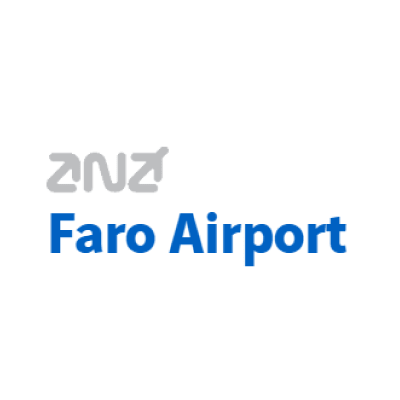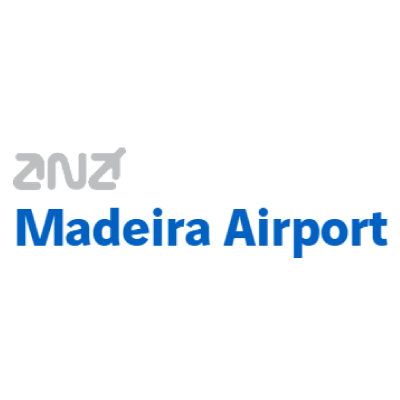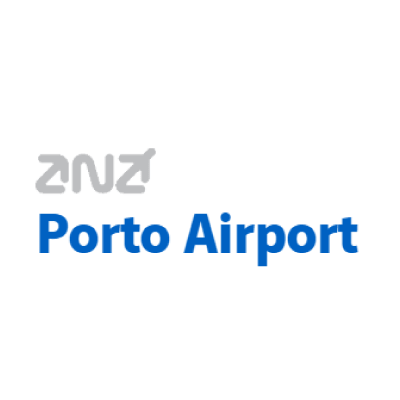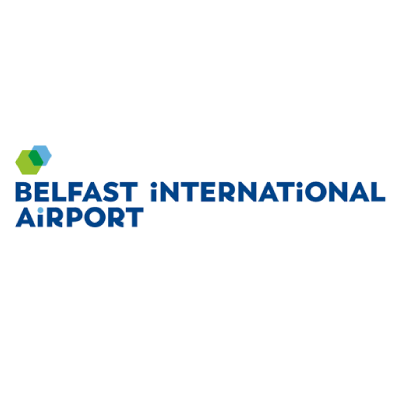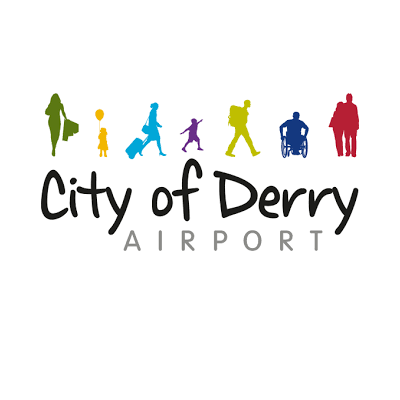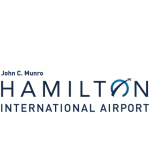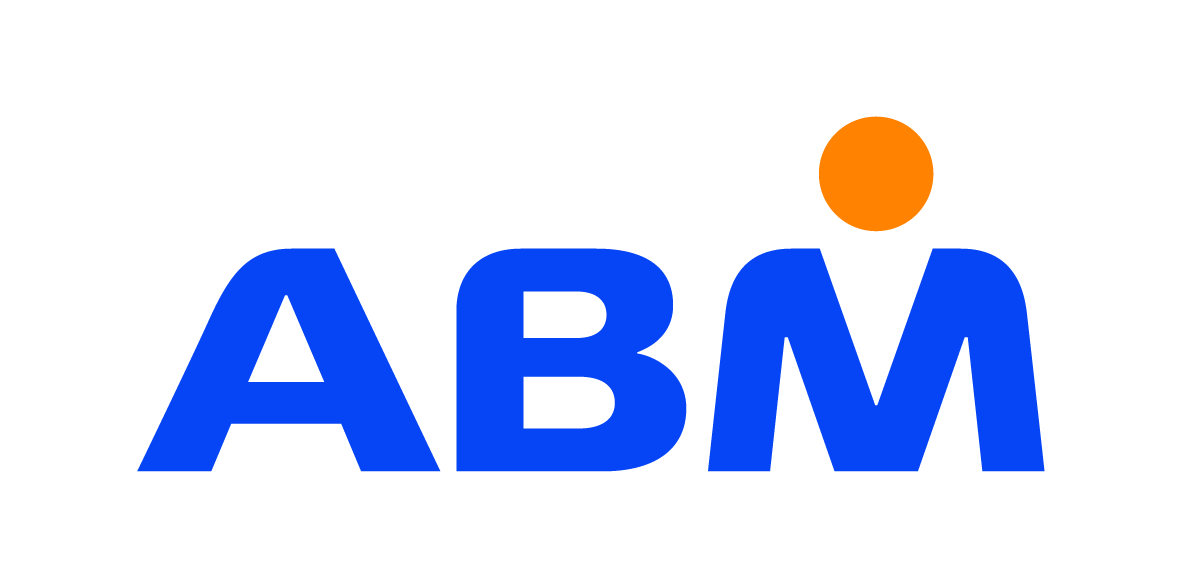How to maximise direct booking & fend off aggregators & offsite competitors using PPC
Paid search has become an absolute necessity for airport parking providers – both official and otherwise. Hitwise UK indicates that over 60% of clicks for airport parking search queries are on paid search listings.
Accordingly, if you offer airport parking and are not running Google Ads or Bing Ads search campaigns you’re losing out on a massive chunk of an audience that is actively seeking your product.
With parking brand awareness and customer loyalty low, and the market heavily search driven all and sundry pile into the fight to win clicks for the most valuable search queries. This drives up paid search costs, eroding margins and potentially fragmenting market share.
This fragmentation of market share is backed up by data from Hitwise UK, which suggests that only 53% of paid clicks for airport parking search queries end up at official airport parking websites, with other providers and aggregator sites hoovering up the rest. Of course, this figure varies from one airport to another depending on the aggression of parking aggregators and offsite providers as well as how well the official provider is fending them off.
Either way, losing out on paid search clicks to competitors will only erode the market share of an official provider, so what can be done to combat this? Airports can gain leverage in three key areas in order to squeeze competitors out of their search space: margins, data, and website experience.
Margins: Bullying with Bigger Bids
Aggregators are only interested in buying clicks if there is sufficient margin to be gained from buying that click. They value short term profit, reacting swiftly to margin changes.
For instance, where there is an “open goal” of a relevant keyword that nobody else is bidding against, you can be sure that aggregators will jump at the opportunity presented by lack of competition and low associated cost-per-click (CPC). On the other hand, when there is significant competition for a keyword and CPC is raised, they will back-off as the gap between the value and cost of the click narrows.
Airports can take advantage of this sensitivity if they are prepared to play a long game – they can take a hit on their own margin for a brief period, on the understanding that the value they get for each click is still greater than that achieved by the aggregators. This shock-and-awe approach to aggressively raising bids and budgets on core parking keywords will rapidly increase average CPCs in a market. As aggregators’ own average CPCs rise, their margins will fall and they will be forced to cut back in order to maintain profitability.
Once aggregators have relented, the bid market will swiftly deflate and (in our experience) the airport’s own average CPC will reduce back to a similar level as before. Moreover, the airport will be left with a dominant average ad position (and greater market share) vs.the aggregators e.
Data: Making the Most of Audiences
Brute force and budget needn’t be the only method of beating competitors. Being smarter with data will also help you to do more with your PPC activity and get ahead of the competition.
Long ago, effective PPC optimisation was centred on selecting and bidding on the right keywords. While, of course, that’s still important, making use of audience data and behavioural signals has become vital to ensure that you’re reaching the right people, at the right time, with the right message.
Audiences can be created based on a variety of data sources, notably user behaviour on your own website, existing CRM data, demographic detail and third-party audience lists. Segmenting these audiences and measuring the relative performance of each will give you valuable insight into which audiences convert best and how your bidding can be modified to get the most from your budget.
For instance, consider creating separate audiences for users who have reached different stages of the booking funnel within different timeframes. Users who progressed partially down the funnel within the last three days will likely have significantly different conversion rates when they search again for airport parking than users who visited the site 30 days ago and, even then, didn’t progress beyond the initial parking page.
More obviously, using previous customer data to create an audience (based on emails) will likely yield excellent results when those same customers search again at parking for another trip.
Web Experience: Optimising for Mobile
Simply put, a better website experience will improve conversion rates, increase revenue-per-click and allow you to increase bids without sacrificing margin. In turn, higher bids will buy you higher average ad positions and take market share away from your competitors.
The flip-side of this is that if your website offers a poor user-experience then conversion rates and revenue-per-click will be low, forcing you to maintain low bids and restricting your ability to grow.
Where to begin with improving web experience? Well, Hitwise UK indicates that two-thirds of visits to airport websites are made on mobile devices – looking at mobile performance seems like an excellent place to start. Indeed, mobile page load times are an absolutely critical factor in maximising conversions. One study conducted by Google claims that a one second delay in mobile load times can impact mobile conversions by up to 20%.
This is both a slightly worrying statistic and a fantastic opportunity. By making the effort to shave seconds off mobile load times, you’ll almost certainly generate a very significant growth in conversion rate that will reap benefits across all channels – not just PPC.
Google offers free tools to enable you to check your mobile speed, compare it against those of your competitors, and understand the potential value of making speed improvements. Additionally, specific suggestions are made on how to improve mobile speed on your site.
Take a look at https://testmysite.withgoogle.com and https://www.thinkwithgoogle.com/feature/mobile/ to see how your site fares.
Prioritising Action
The strategies outlined above tackle quite distinct elements of how to fend-off aggregators and off-site parking providers, and not all of them will be immediately relevant to all airport websites.
Of the three strategies, making better use of data is perhaps the most straightforward and should absolutely become a mainstay of any successful PPC activity. If you’re not sure that you’re already doing all that you can with the data that’s available to you, then this would be a great place to start.
Running a quick comparison of mobile load times is also easily done, though taking action on this is somewhat more involved. However, if your site is lagging significantly behind the competition in terms of mobile performance, then solving this offers perhaps the greatest potential benefits of any of the above strategies.
Finally, if your data is fully utilised and your mobile load time is as zippy as it can be but you’re still struggling with gaining market share against competitors, it may be time to get aggressive with your bids. Pricing the aggregators out of the market for a short time will leave you on top of the pile longer term, allowing your market share to soar.
The bottom line is that the airport parking market is fast-moving and sophisticated with some extremely slick aggregators looking to steal your direct bookings. If you want to protect and grow your share of the market, it’s imperative that your PPC activity leads the way.
About the author: SearchStar is a leading UK independent digital media buying agency with deep analytics and conversion expertise. They’ve been partnering airports to promote parking through digital advertising since 2008 and now work with 11 airports and 5 airport-owned off-site car parks. You can find them on social media: Twitter | Facebook | LinkedIn and view their portfolio here.

